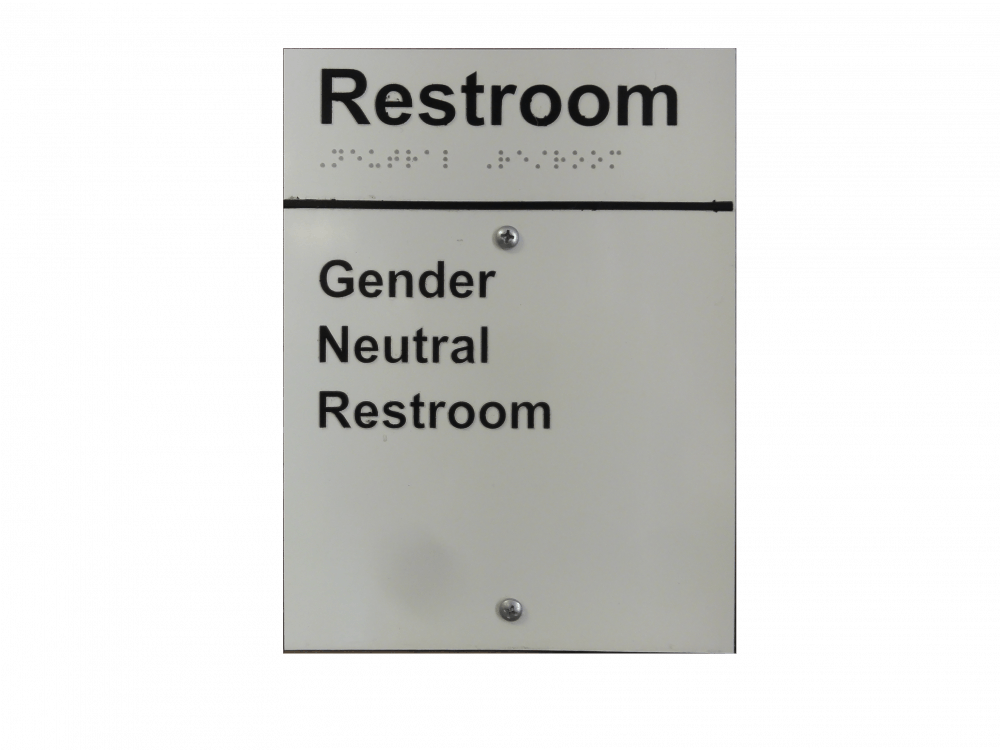Joseph Johns | Echo
The General Assembly of North Carolina passed House Bill 2 on Wednesday, which will, according to the bill, "prohibit public agencies from providing accommodations for a sex other than the person's biological sex." This applies to single occupancy or multiple occupancy changing rooms, restrooms or locker rooms.
In simpler terms, this bill aims to keep community of the transgender or gender-nonconforming people from entering public facilities that are intended for the sex not matching of the sex listed on their birth certificate.
It also removes the ability of lower administrative bodies in North Carolina from passing legislation that would grant civil liberties protections, namely public accommodation rights, to transgender and gender-nonconforming people. This clause was added in order to hasten the law's enforceability throughout the state of North Carolina.
This bill was drafted due to an anti-discrimination ordinance in Charlotte, North Carolina, which extended public accommodation rights to transgender individuals in Charlotte, according to a New York Times article. The bill was approved in its final form during an abbreviated Short Session on March 23.
The introduction and serious consideration of this bill drew thousands of supporters and detractors to the North Carolina Statehouse in a bid to influence change in the minds of state legislators.
Protesters abandoned hope when 54 were arrested for refusing to leave after the building closed. The governor signed the bill into law late Wednesday night.
This North Carolina law is not the first of its kind. During the Indiana General Assembly's last session, State Senator James Tomes authored a bill that would have made it a Class A felony for a biological male to knowingly use a single-sex public facility designated for use by women.
In Indiana, the recent series of legislation surrounding the expansion of LGBT rights ended in a draw, with both parties remarking that there was not sufficient support for the passage of any of the civil rights bills in the Indiana State Senate. This marks a tipping point in gender identity relations in the United States as whole.
The transgender community and its allies will continue to fight for what they perceive as constitutionally granted human rights, while the socially conservative faction will continue to propose these new changes to civil rights are both unnecessary and harmful to society.





